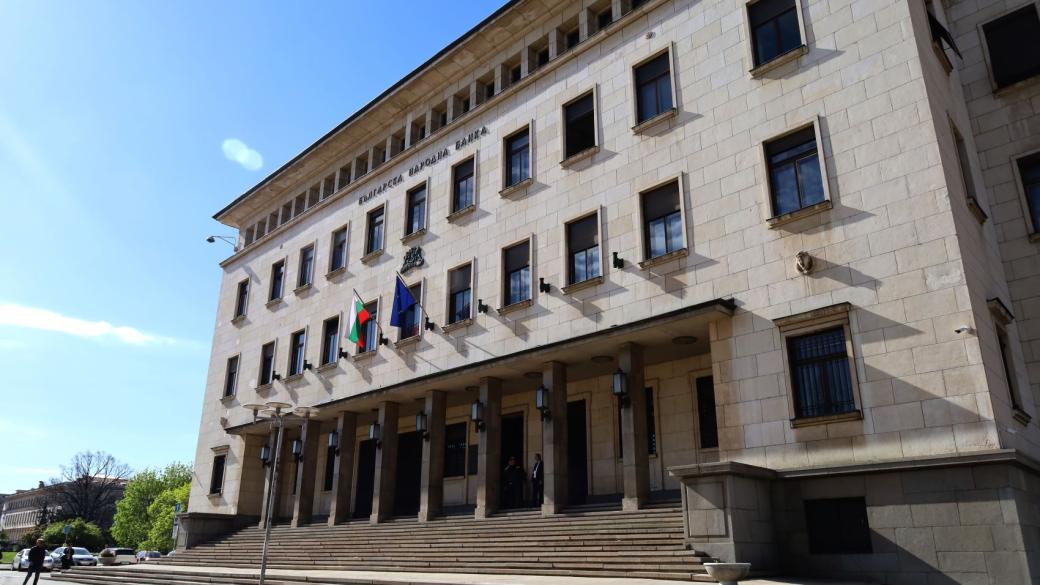Bulgarian National Bank lowered its expectations for the country’s economy
The institution already expects a weaker and slower growth in interest rates on housing loans

© ECONOMIC.BG / Krasimir Svrakov
The Bulgarian National Bank (BNB) lowered its expectations for the growth of the Bulgarian economy this year and next. This became clear from the institution's new forecast report, according to which Bulgarian GDP growth this year will be 2.2% instead of 2.5%, as was set in the December forecast. The revision sends the economic growth of the country drastically below the expectations of the former Finance Minister Assen Vassilev, who prepared the 2024 Budget with 3.2% economic growth.
Reduced expectations are due to lagging investments in fixed capital and limited domestic consumption. A weaker increase in the demand for Bulgarian goods and services is also expected this year compared to the forecast from December due to expectations of lower economic activity of Bulgaria's trading partners from the Eurozone.
The BNB also revised its economic growth forecast for 2025 to 3.3% down by 0.1 point and kept the expectations for 2026 unchanged at 3.4%.
The assumptions are that the external demand for Bulgarian goods and services will grow by 2.1% in 2024, after which its growth will accelerate to 3.3% in 2025 and to 3.4% in 2026.
Household consumption is expected to continue growing this year, but at a slower pace, similar to the rise in incomes.
At the same time, the BNB slightly lowered its forecast for inflation in Bulgaria this year by 0.8 points and already expects 2.3% in 2024 and 2.7% next year.
Banking sector
The BNB also predicts a slower and weaker increase in interest rates on deposits and loans for households, (housing and consumer loans). The institution reports that the ECB's interest rate hike and increase in mandatory minimum reserves had a limited effect on the banking system.
The Bulgarian central bank also expects corporate lending rates to start falling from mid-2024 to the end of next year, then hold flat.
The BNB still sees a slowdown in credit growth this year thanks to falling inflation, rising interest rates and slowing house price growth.

 Antoniya Simova
Antoniya Simova 


